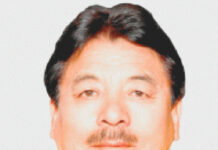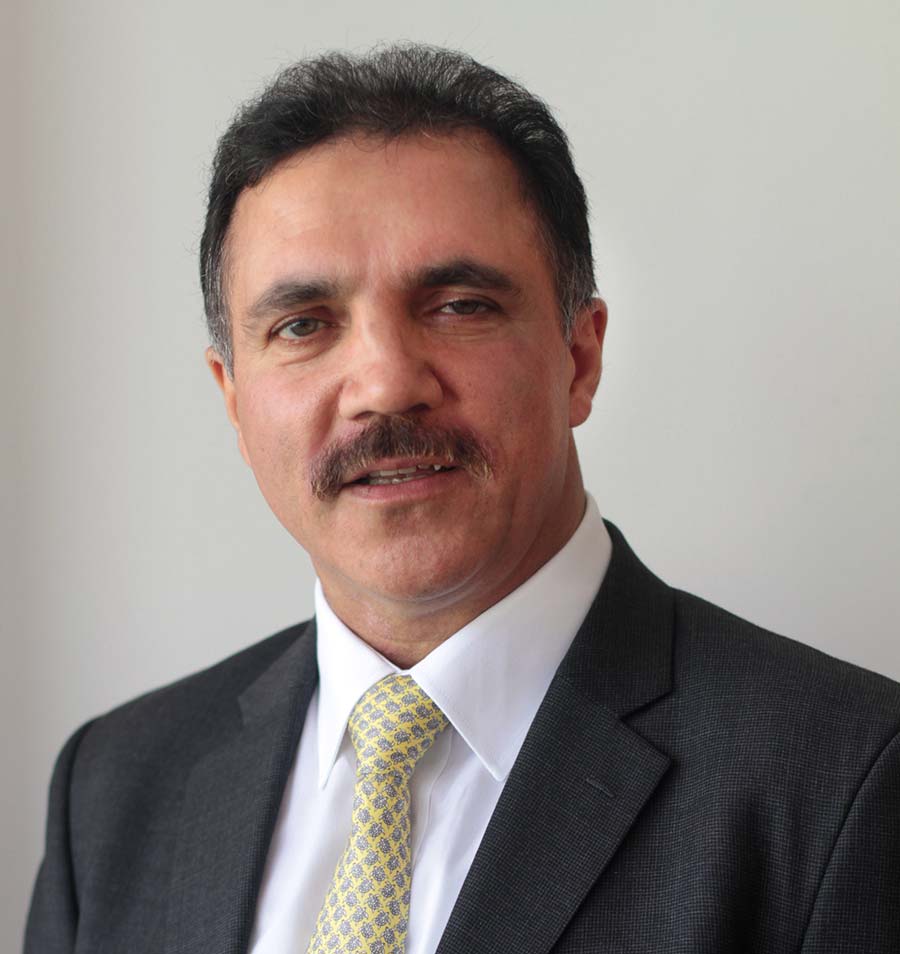casting his vote in his hometown Bijbehara in the third phase of parliament elections.
Mufti said that his boycott was in protest against the posting of SPOs – militant turned counter insurgents absorbed in police – on election duty in Islamabad district.
Mufti had complained to the Election Commission about the alleged posting of SPOs, who he feared could help the ruling party in bogus voting.
The election commission, however, refuted the allegation claiming that they had checked with the district administration and found the allegation incorrect. The commission said that district administration had posted SPOs on law and order maintenance duties in the district and not around polling booths.
This, however, did not stop Sayeed from terming voting as a potent weapon during his election campaigns, mainly aimed against rival National Conference.
“This (voting) is the only potent weapon available to us to rid the state of the party that symbolizes our miseries and misfortune,” Sayeed told a gathering at Budgam while campaigning for his party candidate, Iftikhar Hussain Ansari, who is contesting from Srinagar that went to polls during the fourth phase of elections.
Sayeed’s gesture was seen as a boycott of the system that he encourages people to believe in.
Sayeed’s decision to boycott came was criticism especially after he went on to campaign for votes soon after his stand. The opposition National Conference was obviously the first to hit at the dichotomy.
“What can they expect from others when they themselves do not cast their vote,” National Conference President Farooq Abdullah said.
Abdullah said the action of not casting unveiled “the double face of PDP’s leadership who have always indulged in double speak and deceit.” “This action of PDP leadership is clear indication that Mufti’s policy is to run with the hare and hunt with the hound,” he added.
Mufti said that his boycott was in protest against the posting of SPOs – militant turned counter insurgents absorbed in police – on election duty in Islamabad district.
Mufti had complained to the Election Commission about the alleged posting of SPOs, who he feared could help the ruling party in bogus voting.
The election commission, however, refuted the allegation claiming that they had checked with the district administration and found the allegation incorrect. The commission said that district administration had posted SPOs on law and order maintenance duties in the district and not around polling booths.
This, however, did not stop Sayeed from terming voting as a potent weapon during his election campaigns, mainly aimed against rival National Conference.
“This (voting) is the only potent weapon available to us to rid the state of the party that symbolizes our miseries and misfortune,” Sayeed told a gathering at Budgam while campaigning for his party candidate, Iftikhar Hussain Ansari, who is contesting from Srinagar that went to polls during the fourth phase of elections.
Sayeed’s gesture was seen as a boycott of the system that he encourages people to believe in.
Sayeed’s decision to boycott came was criticism especially after he went on to campaign for votes soon after his stand. The opposition National Conference was obviously the first to hit at the dichotomy.
“What can they expect from others when they themselves do not cast their vote,” National Conference President Farooq Abdullah said.
Abdullah said the action of not casting unveiled “the double face of PDP’s leadership who have always indulged in double speak and deceit.” “This action of PDP leadership is clear indication that Mufti’s policy is to run with the hare and hunt with the hound,” he added.















